Wildlife Prevention Tips: Keep Animals Out of Your Home 2025
Effective wildlife control combines prevention education, humane removal techniques, and professional exclusion devices. Quick professional response prevents damage escalation while respecting both property owners and wildlife.
Professional Wildlife Management: Comprehensive Solutions for Michigan Homeowners and Businesses
Wildlife intrusion can catch you off guard, especially if you don't know when raccoons, skunks, squirrels, or bats are most active around your residential or commercial property. In areas like Muskegon, Whitehall, and Grand Rapids, nuisance animal activity moves with the seasons, bringing unique challenges that require professional pest control expertise. Understanding these patterns gives you the advantage in safe, humane critter control, helping you address problems before they escalate.
Nick Peterson and his team at Advanced Wildlife Control 1 are here to help with every step, from prevention and routine nuisance wildlife management to emergency animal removal services. Licensed, insured, and family-owned, they bring over 17 years of local experience to every call—delivering effective solutions tailored to both the species and season. You can count on prompt response times, often arriving within the hour, all year long.
Proper prevention with exclusion devices is always better than reacting after animals get inside. The Advanced Wildlife Control 1 team uses only humane, species-appropriate methods that keep both you and the animals safe, backed by a strong warranty on all services. Whether you need wildlife control services, expert advice on raccoon management, or immediate help with bats or skunks, you're in good hands with Nick and his crew.
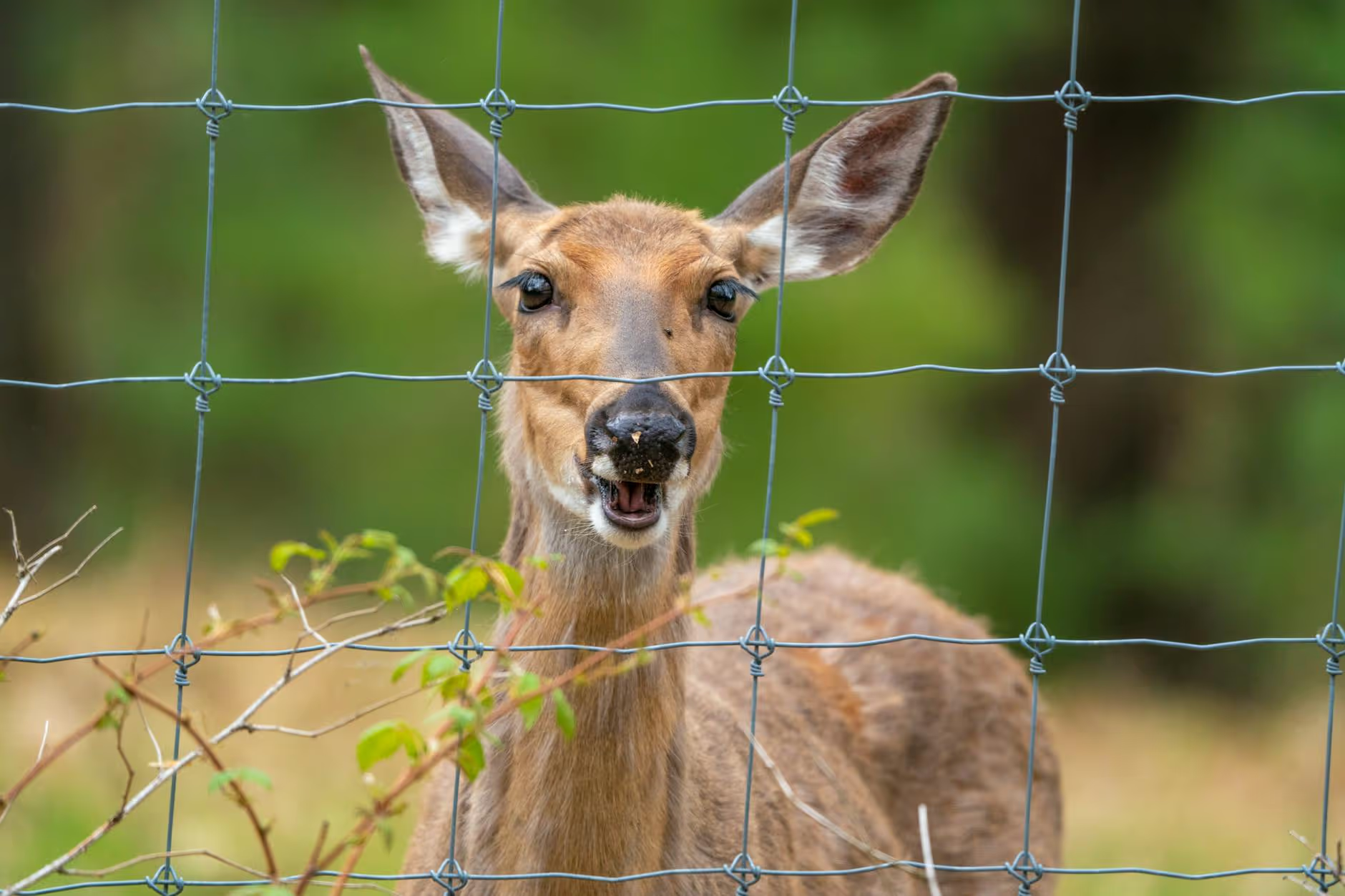
Photo by Tina Nord
Species-Specific Management Strategies
Bat Management: Risks and Best Practices for Property Owners
Bats thrive in Michigan's changing seasons, particularly in the Great Lakes region where conditions are ideal for roosting. They're most likely to enter attics and wall spaces during late spring through early fall, as they search for warm, sheltered places to raise their young. Unfortunately, they don't just startle you—they also bring risks like histoplasmosis (a disease linked to bat feces) and possible rabies exposure.
If you see bats flying near dusk or spot droppings in your attic, don't attempt animal trapping on your own. Professional management is tricky and subject to state laws, especially during maternity season when baby bats can't yet fly. Licensed wildlife specialists like Nick Peterson's use specialized techniques that let bats leave safely while preventing their return.
Key tips for property owners:
- Schedule home inspection and management outside maternity season (late summer to early fall)
- Use licensed professionals with a proven track record
- Install bat-specific devices to let animals exit but not return
- Seal all exterior cracks larger than 3/8 inch once bats are confirmed gone
For more on species-appropriate and humane techniques, visit Professional Bat Removal Services.
Raccoon Management: Urban Adaptation and Safety Hazards
Raccoons are problem solvers that adapt well to both city streets and wooded backyards throughout Michigan. Drawn by pet food, unsecured garbage, and accessible shelter, raccoons often create nests inside attics, chimneys, or beneath decks. These clever animals can dislodge soffits, rip open vents, and leave behind torn insulation and waste that attract other pests or lead to significant animal damage.
Their seasonal denning is most active in late winter through spring as mothers seek quiet, dry spaces to have their kits. Trying to handle this situation on your own is risky—raccoons carry diseases and can react aggressively if cornered. The right approach calls for humane, species-specific techniques and prompt management by experts.
Top raccoon prevention advice:
- Secure trash cans and pet food, especially overnight
- Screen chimneys and decks with sturdy hardware cloth
- Check for weak points along eaves and attic vents
- Choose Professional Raccoon Control backed by a clear warranty
Skunk Control: Odor Management and Entry Prevention
Effective skunk control requires understanding their behavior patterns. Skunks often find gaps beneath porches, deck steps, and sheds to be perfect burrow sites. You usually detect the telltale smell before you spot the skunk. While they may help manage insect populations, their infamous spray can linger for days and seep into buildings, soft furnishings, or HVAC systems.
Attempting to trap or exclude skunks independently nearly always backfires, often ending with a nasty spray incident or bite risk. Licensed specialists use gentle techniques and careful relocation paired with professional-grade odor cleanup. After management, solid physical barriers make all the difference.
Prevention best practices:
- Install sturdy lattice or metal screens around structure bases
- Keep brush and debris piles to a minimum in your yard
- Call professional services for safe, humane management
Squirrel Management: Preventing Attic and Soffit Intrusions
Grey and red squirrels are acrobats—and nowhere is safe from their search for warmth and food. Attics, soffits, and wall cavities draw them in, especially as cooler nights arrive. What many people don't realize is that once inside, squirrels will chew wiring, wood, insulation, and even plastic, creating serious fire hazards and expensive property damage.
Quick action is important. Humane techniques, such as one-way doors and animal-proof vent covers, are the gold standard. Reputable, family-owned businesses like Advanced Wildlife Control 1 guarantee lasting results—backed up with follow-up checks.
How to prevent squirrel intrusions:
- Trim tree limbs at least 10 feet away from your roofline
- Install chimney caps and vent guards designed for rodents
- Repair soffit and fascia gaps quickly
- See Squirrel Removal Services for a humane approach
Prevention Strategies: Securing Your Property Against Wildlife
Home Inspection and Sealing Common Entry Points
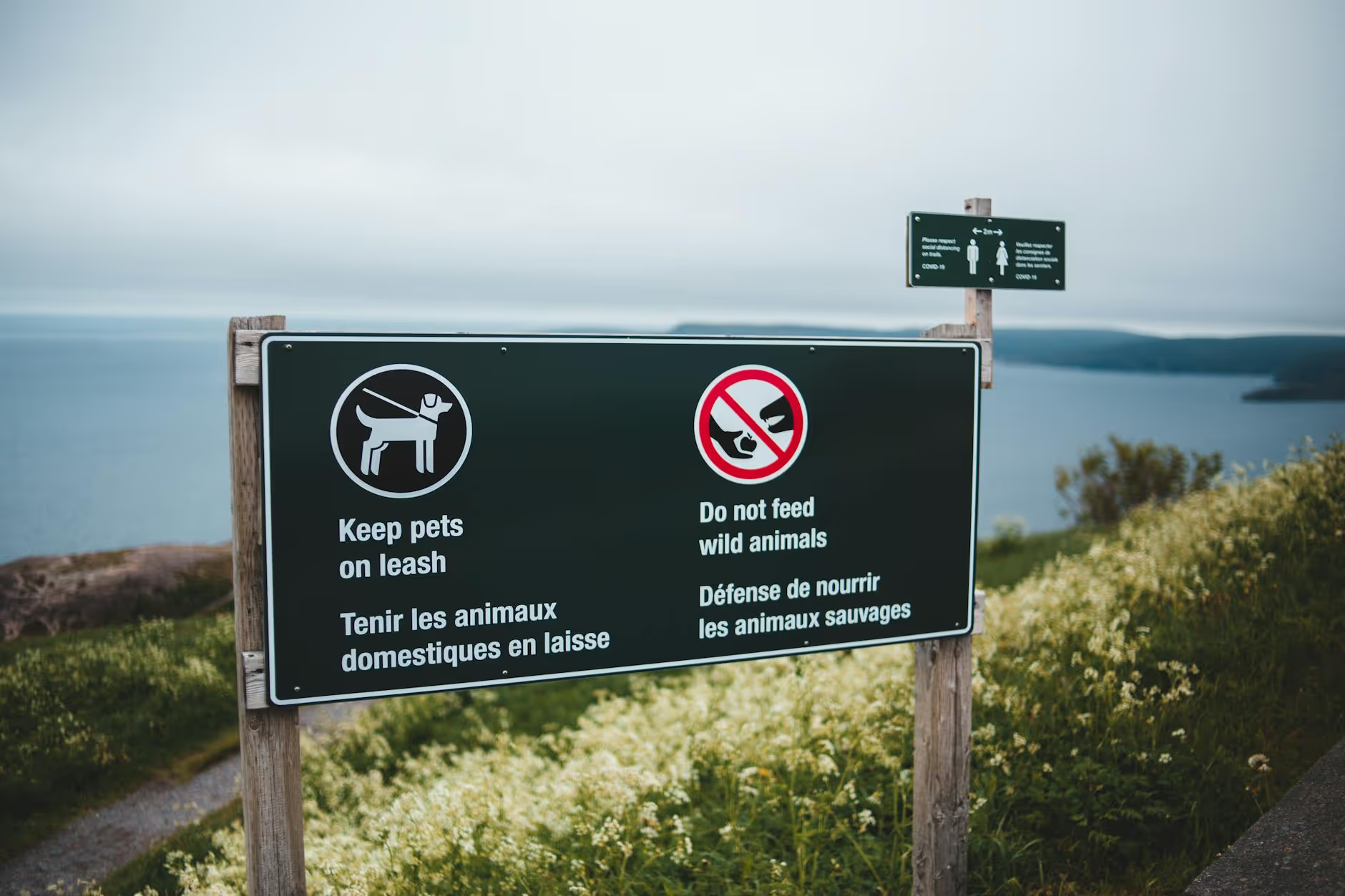
Photo by Erik Mclean
Animals are clever, but you can be smarter. Most wildlife intrusions start with small, overlooked openings: gaps under soffits, torn attic vents, loose chimney caps, or foundation cracks. Regular, thorough residential inspections are one of the best ways to strengthen your defenses.
Use this property checklist to spot risky openings:
- Check attic and soffit vents for gaps, screens, or chew marks
- Inspect chimney flues and ensure you have a secure cap
- Look along rooflines for missing shingles, loose flashing, or holes near gutters
- Walk your foundation and pay attention to cracks or gaps around utility lines
- Test garage doors and exterior entries for potential animal access
Once you find potential entry points, seal them with sturdy materials like galvanized steel mesh, hardware cloth, or sheet metal. Skip cheap foam plugs—critters chew right through them. Professional crews can install wildlife-specific devices that allow trapped animals to exit but prevent re-entry.
For comprehensive solutions, review Customer Reviews on Bird and Rodent Issues to see how expert management can save you time, stress, and money.
Yard Management and Habitat Modification
Wild animals take their cues from your yard. Messy landscapes full of brush piles, overgrown shrubs, or neglected garbage cans practically welcome raccoons, skunks, bats, and squirrels. Thankfully, strategic habitat modification makes your property much less appealing.
Start by:
- Removing brush and woodpiles or stacking them far from buildings
- Cleaning up fallen fruit, nuts, or birdseed from the ground
- Securing garbage bins with tight-fitting lids
- Feeding pets indoors and promptly picking up outdoor dishes
- Eliminating standing water by fixing leaky spigots and unclogging gutters
Be mindful near bodies of water or wooded areas—these are natural wildlife corridors. Adding motion-activated lights and maintaining short grass can discourage nighttime visits. The less cover and food you offer, the quicker wild animals will move along.
Seasonal Maintenance Best Practices
Wildlife behavior changes with seasons. Squirrels and raccoons become more persistent in fall, searching for warm winter dens. Bats look for safe maternity spaces in spring. That's why prevention routines need seasonal adaptation.
Spring: Schedule full property evaluations as animals become active after winter. Look for new holes, droppings, or chewed materials.
Summer: Keep vegetation trimmed away from buildings. Clear gutters and remove debris that might harbor wildlife.
Fall: Inspect attics, garages, and basements for animals preparing for winter. Replace worn weather stripping.
Winter: Monitor for animal noises or new entryways—wildlife may push harder when cold.
Professional Services and Exclusion Methods
How Professional Devices Work
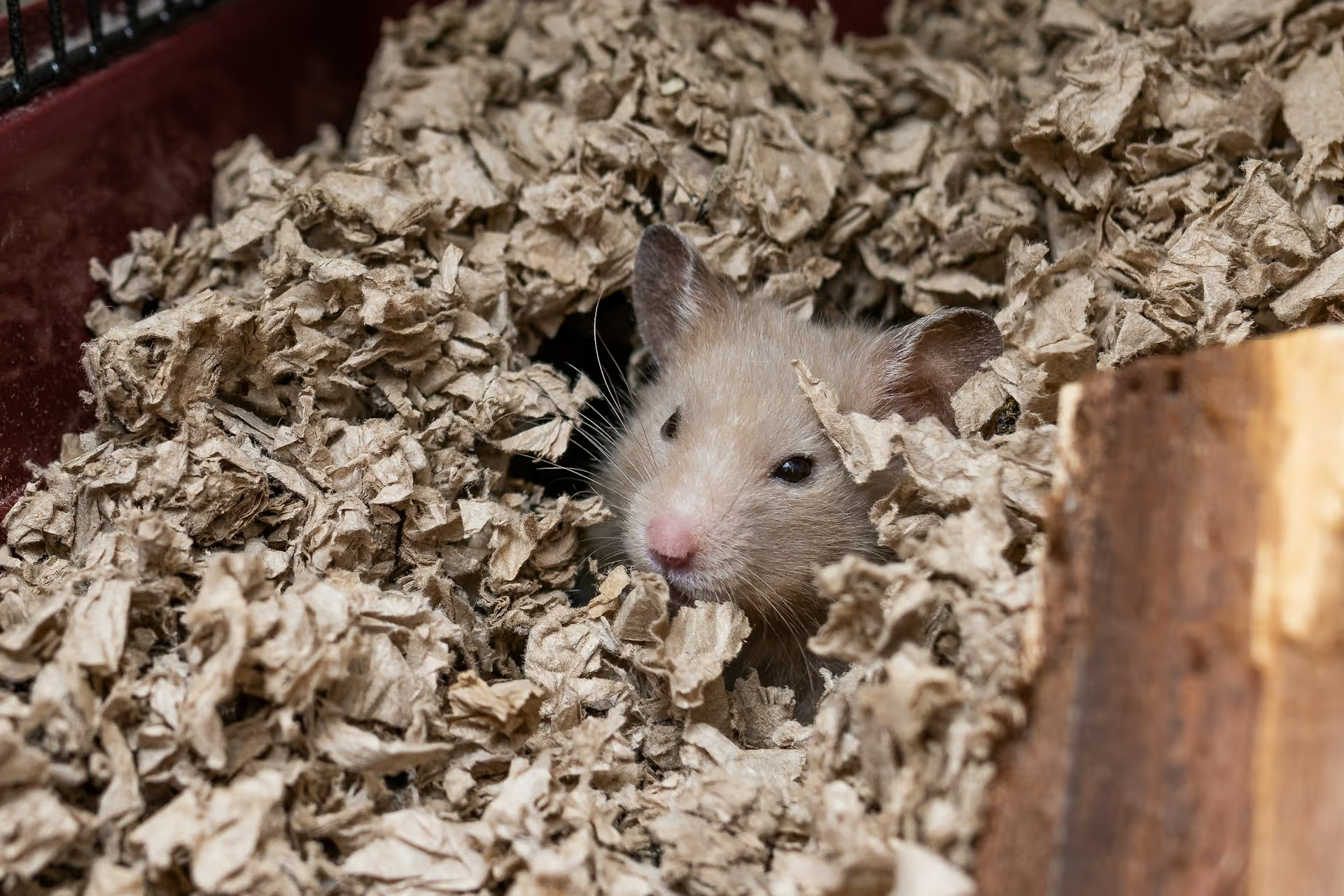
Photo by Andy Holmes
Professional devices are proven tools for keeping wild animals out of buildings without harming them. Think of these as one-way doors or carefully designed barriers. Advanced Wildlife Control 1 uses tried-and-true devices tailored for specific animals: bats, raccoons, squirrels, skunks, or even muskrats and foxes.
Here's how these devices work:
- Install at known entry points identified during thorough evaluation
- Create one-way paths that allow exit but prevent re-entry
- Custom design for each species—bat devices are slim and flexible, while raccoon options block larger gaps
- Complete seal after confirmed animal departure using durable materials
For technical details behind these tools, see the BEM Components Overview for deeper understanding of professional solutions.
Benefits of Humane Management vs. Traditional Extermination
Humane wildlife management treats animals with respect while keeping properties safe. Nick Peterson and his team have built their reputation on this approach, proudly serving Michigan for over 17 years.
Why choose humane management over extermination?
- Ethical: Ensures animals aren't harmed, orphaned, or left to die in hidden areas
- Safer: Avoids secondary problems like aggressive encounters or diseases from decaying carcasses
- More Effective: Addresses root causes rather than just removing individual animals
- Legal Compliance: Follows state regulations for protected species
Emergency services are available 24/7 with rapid response times. Each job comes with a warranty and guaranteed results from licensed professionals.
Why Choose Licensed Local Experts
Licensed and Insured Protection
Certified, insured companies provide crucial legal and safety protections:
- Legal Knowledge: State laws control how and when animals can be managed, especially during breeding seasons
- Insurance Coverage: Protection from liability for property damage or worker injuries
- Reliability: Certification means your team understands local animal habits and uses species-specific tools
Fast Emergency Response
Critters don't wait for office hours. Whether it's a raccoon in your attic on Saturday night or a bat in your living room, response speed matters. Advanced Wildlife Control 1 offers true 24/7 emergency services—with owner Nick Peterson committed to rapid onsite response, usually within the hour.
Why rapid service matters:
- Prevents escalating damage from overnight animal activity
- Protects health by limiting spread of droppings, parasites, or disease
- Reduces stress for families and businesses
Family-Owned Values and Community Trust
As a local, family-owned business rooted in the community for over 17 years, Nick Peterson's team treats every property with personal care. This means:
- Personal service—you talk to the owner, not a call center
- Client-first approach with complete job satisfaction
- Community commitment keeping dollars local
- Transparent reputation backed by real Client Testimonials for Wildlife Control
Comprehensive Solutions for All Species
Beyond the common four species, Michigan residents encounter other wildlife requiring professional attention. Different animals need different approaches:
Rodent Management: Professional rodent removal addresses mice, rats, and other small mammals using species-specific techniques and ongoing monitoring.
Specialized Services: For less common situations, explore targeted options like Opossum Removal Services or Muskrat Removal Experts for comprehensive solutions.
Mole Control: Professional mole removal addresses underground tunneling that can damage lawns and landscaping, using humane techniques that don't harm beneficial soil organisms.
Conclusion
Effective wildlife management in Michigan requires combining understanding of animal behavior with professional expertise and proven prevention strategies. By choosing expert, humane techniques paired with proper devices, you establish lasting protection without causing harm.
Nick Peterson's team stands out for quick response times, sometimes arriving in under an hour, and their commitment to species-appropriate, ethical management. With over 17 years of local experience, they handle comprehensive solutions—with results backed by warranty.
Keep your residential or commercial property secure by acting early and using safe methods. For targeted species services, check out Fox Removal Services for complete animal management solutions.
Taking these preventive steps protects what matters most. If you have questions or need help, reach out and experience the difference true expertise brings to wildlife management.
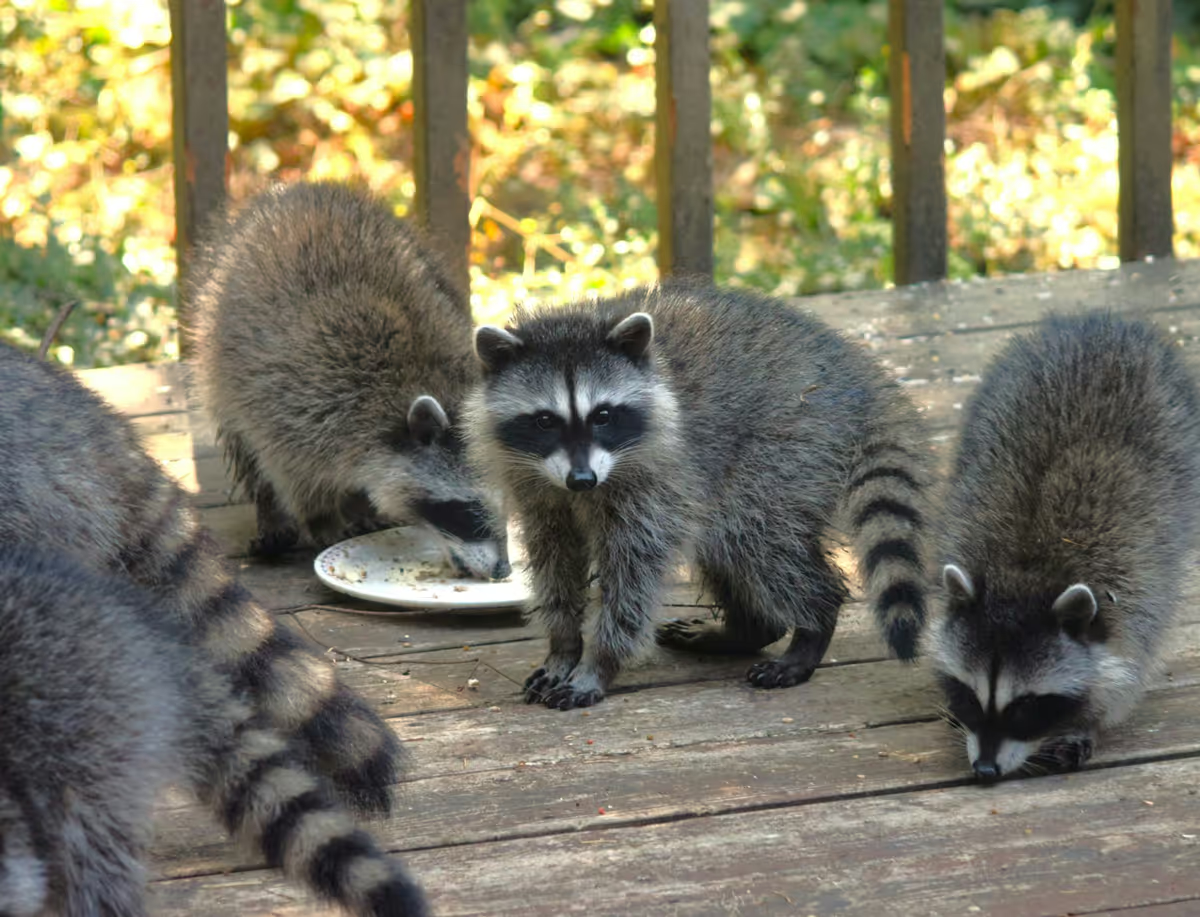
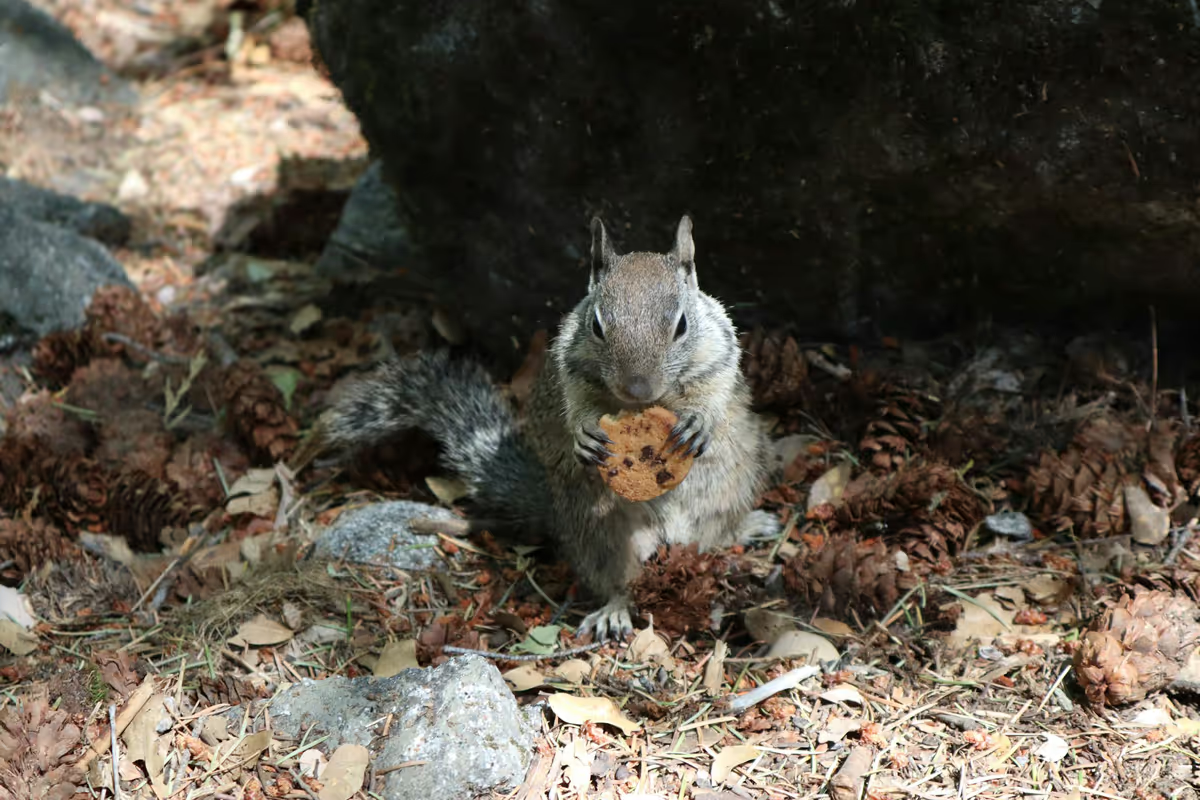

.png)
